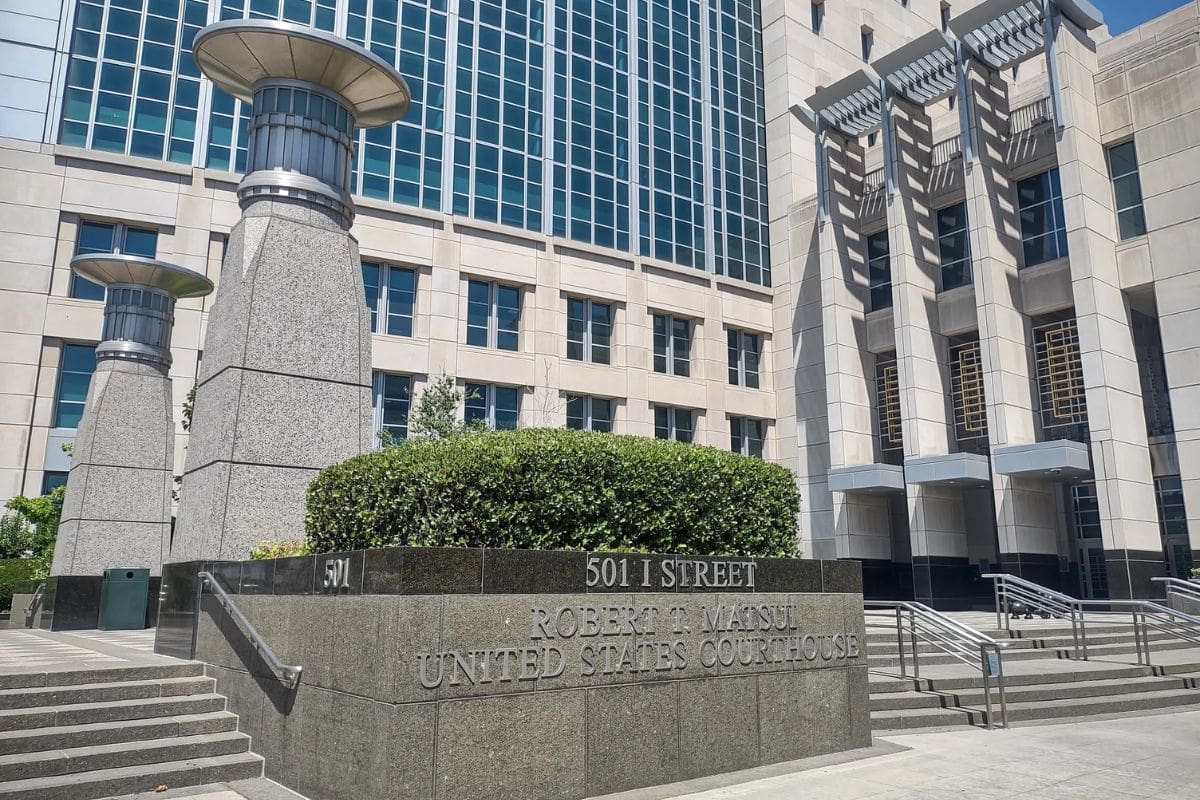California Walkable City Dream: In Solano County, California, landowners find themselves entangled in a complex legal web as a lawsuit alleging price-fixing practices shakes the foundations of a once-promising development project.
The lawsuit, brought forth by proponents of walkable and sustainable cities, unveils a contentious battle between those with a vision for an eco-friendly community and those accused of colluding to manipulate property prices.
Amidst the claims of a price-fixing conspiracy supported by incriminating text message evidence, the fate of the walkable city initiative hangs in the balance as both sides gear up for a protracted legal dispute.
Landowners in Solano County Face Antitrust Lawsuit
Why are landowners in Solano County facing an antitrust lawsuit over their resistance to selling ancestral lands for a sustainable community project led by Flannery Associates? Flannery Associates, a proponent of sustainable development, has proposed a project to build a vibrant community in Solano County, California. However, landowners in the area have been reluctant to sell their ancestral lands for this endeavor. This resistance has led to allegations of collusion and violations of antitrust laws, as the landowners are accused of collectively fixing prices or terms of sale to impede Flannery Associates’ project.
The legal battle unfolding in Solano County highlights the complexities that arise when balancing individual property rights with broader community development goals. The accusations of antitrust violations suggest a concerted effort by the landowners to stifle competition and dictate terms unfavorable to the sustainable community project. As the case unfolds, it will be crucial to examine the motivations behind the landowners’ actions and the potential implications for the future of development in the region.

Flannery’s Vision for a Sustainable Community
Flannery Associates envisions transforming 50,000 acres in Solano County into a sustainable, walkable community, underscoring their commitment to innovative urban planning and environmental stewardship. This vision encompasses creating a harmonious blend of residential, commercial, and green spaces that prioritize pedestrian-friendly infrastructure and eco-friendly design principles. The proposed sustainable community aims to reduce carbon footprints, promote active lifestyles, and foster a sense of community among residents.
To provide a clearer overview of Flannery’s vision, the following table outlines key features of the proposed sustainable community:
| Feature | Description |
|---|---|
| Pedestrian Pathways | Extensive network of walkways and trails |
| Green Spaces | Parks, gardens, and recreational areas |
| Mixed-Use Development | Integration of residential and commercial spaces |
Legal Battle Unfolds: Landowners Defend Against Antitrust Claims
The legal dispute surrounding the alleged antitrust claims in the U.S. District Court involves attorneys representing Solano County landowners who are vehemently defending their rights to determine land prices amid accusations raised by Flannery Associates.
These legal representatives argue that the setting of land prices falls squarely within the prerogative of individual landowners and question the validity of Flannery’s assertions.
At the heart of the legal battle lies the pivotal question of whether there exists substantial evidence to support claims of antitrust violations or if the situation simply reflects the independent decisions of landowners opting not to sell.
The attorneys for the landowners are steadfast in their defense, emphasizing the fundamental rights of property owners to make autonomous decisions regarding their properties without external interference.
As the case unfolds in the courtroom, the intricate legal arguments put forth by both parties will be scrutinized to determine the veracity of the antitrust allegations leveled against the Solano County landowners.
Flannery’s Allegations: Price-Fixing Conspiracy and Text Message Evidence
Allegations of a price-fixing conspiracy and the presentation of text message evidence are central to Flannery’s case in the ongoing legal dispute involving Solano County landowners. The crux of the matter lies in the attorneys’ claims that text messages reveal a coordinated effort among landowners to set property prices collectively, aiming to thwart Flannery’s ability to negotiate deals by playing owners against each other.
The attorneys have put forth these messages as crucial evidence supporting their assertion of collusion. This evidence raises significant questions regarding potential violations of antitrust laws, notably the Sherman Antitrust Act, designed to safeguard competition in the marketplace.
The key issue at hand is whether the content of these text messages truly demonstrates an illicit agreement to fix prices, a practice deemed harmful to fair competition and consumer welfare. As the legal battle unfolds, the court will need to scrutinize the veracity and implications of these text messages in determining the legitimacy of Flannery’s claims.
Legal Response: Landowners Challenge Flannery’s Claims and Intentions
In response to Flannery’s claims regarding a price-fixing conspiracy and the alleged overpayment of $170 million, the landowners assert that their properties were not on the market for sale and challenge the factual basis of the collusion accusations. The landowners present a compelling argument against Flannery’s assertions, highlighting key points:
- Properties Not Listed for Sale: The landowners emphasize that their intention was to retain ownership of their properties, rather than engage in any form of sale or price-fixing activity.
- Speculative Nature of Flannery’s Plan: They question the speculative nature of Flannery’s claims, pointing out the lack of concrete evidence supporting the allegations of collusion.
- Intentional Overpayment: The landowners dispute Flannery’s assertion of overpaying by $170 million, suggesting that any perceived overpayment was intentional and not a result of collusion.
- Inquiry Into Flannery’s Role: They raise concerns about Flannery’s role in shaping the market dynamics, hinting at a need for further investigation into his motives and actions.


ALSO READ: Campo Surprising Transformation Unlawful Migrant Crossings Spike
News in Brief
In Solano County, California, a proposed sustainable community project by Flannery Associates encounters legal turbulence. Landowners resist selling, sparking a lawsuit alleging price-fixing. Attorneys representing landowners argue for property rights, challenging Flannery’s claims. Flannery asserts a coordinated effort with text message evidence. The legal battle unfolds over antitrust violations and Flannery’s $170 million overpayment claim. Landowners counter, emphasizing properties not for sale and questioning the speculative nature of Flannery’s assertions. The court the intricacies of alleged collusion, determining the fate of the visionary project and the broader implications for development in the region

